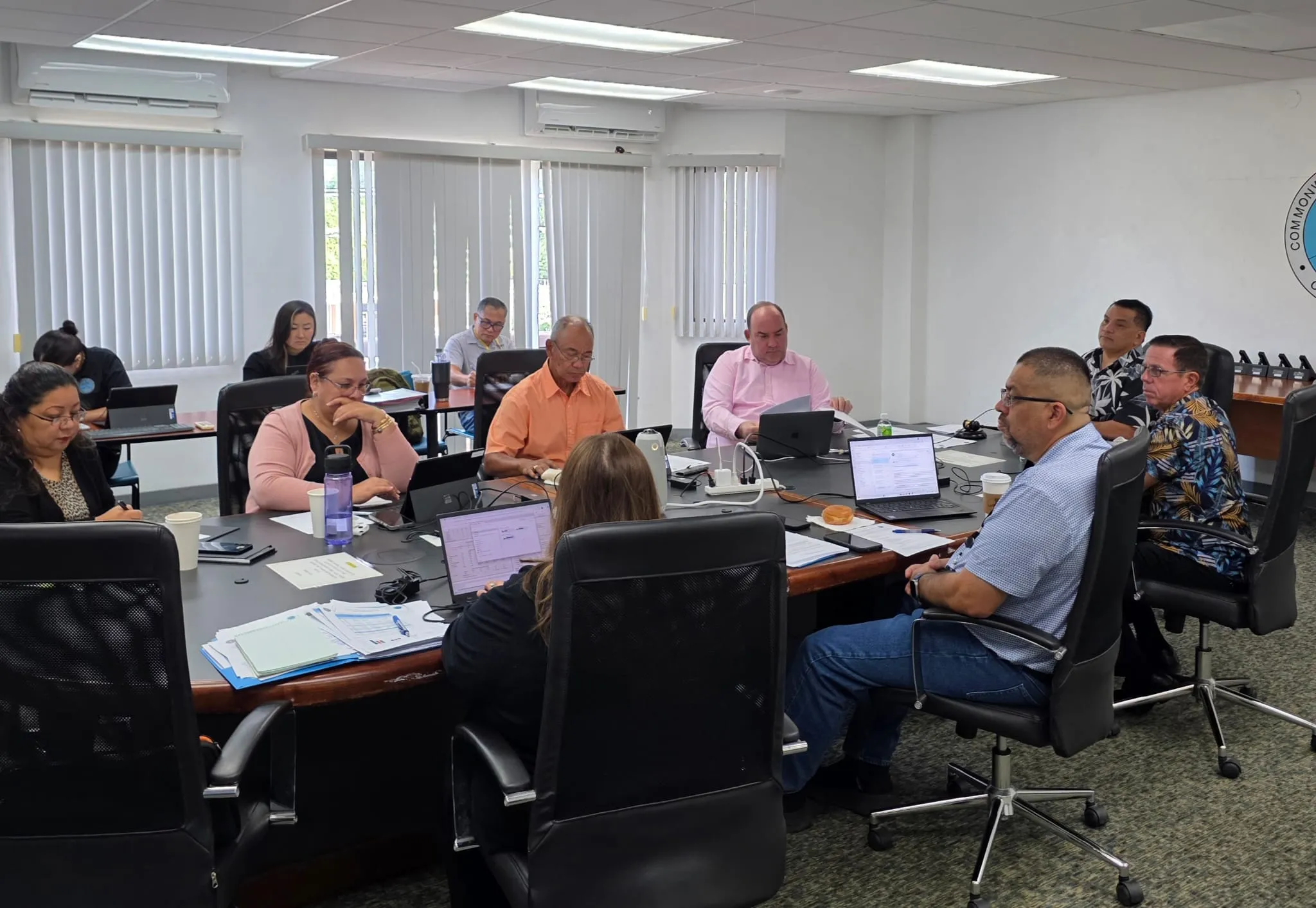Backward march!
INTERESTING choice of words by the education commissioner. The CNMI is going backwards in education, he said, referring to PSS’s shrinking budget. Sadly, this is true not only in education. More than two years ago, the CNMI leadership decided to cast its lot with the feds and to “transform” the local economy into something at the mercy of whichever politicians happen to be in charge in the White House and the U.S. Congress. All in the name of (wait for it) “sustainability.”
The CNMI would be like a Trust Territory district again: totally dependent on the U.S., with an economy consisting of a few stores and restaurants, where the biggest “industry” is the local government, and two-thirds of the population receive direct food assistance from the federal government. Maybe the U.S. can even lend a vintage naval ship once more, to be turned into a power barge to generate electricity for the island.
Either/or
PSS, to its credit, has laid out exactly what will happen if lawmakers and the administration — all of whom, mind you, profess undying support for “the children” — approve an inadequate budget: “no-school Mondays,” larger classes, school mergers, furloughs for vice principals, substitute teachers, counselors, and support staff, cuts in school and central office operations, and a halt to major repairs and capital projects.
You may ask: What about the rest of the CNMI government? Where are their cost-cutting proposals? And if none exist, why not? Why is PSS the only agency openly acknowledging the “fiscal cliff” and preparing to deal with it?
The “solution” to the school system’s budget shortfall is not exactly a state secret. (See 2020 Fiscal Response Summit Report.) The Legislature and the administration, for example, can reduce the spending levels of non-essential agencies so PSS can have more funding. These may include the reimposition of work-hour cuts and the suspension of the retirees’ 25% benefits, which, to begin with, are not mandated by the settlement agreement.
But the CNMI is a representative democracy, and those measures must be approved by elected officials and, ultimately, voters themselves. Think of a household where the breadwinners don’t control the budget — the kids and even the family’s vendors get a say, too.
Where we at
AND so we appear to be saddled with the least politically painful “solutions” — ones that may, however, cause other, if not worse, problems down the road. We’re referring to the proposed $29 million loan from MPLT, on top of yet another bank loan.
If there are other “doable” options — those that lawmakers can pass and the governor can sign into law without inciting voter outrage — by all means, let’s hear them.
Some would say voters, for once, should elect “better” candidates. But elected officials can only do what voters demand — which usually means more: more government spending, more government jobs, more pay raises, more generous pensions, more affordable utilities, public health, public safety and public works, more subsidies for businesses, farmers, and the needy, more free programs, more subsidized goodies — and no tax hikes.
The math doesn’t hold up. The only thing that can help is economic growth — yet we act as if it is guaranteed.
As long as voters expect more than the government can fund, deficits are unavoidable.










